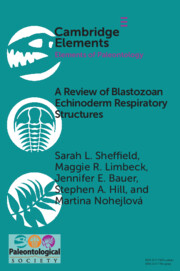The Sichuan Basin was a part of the Yangtze Carbonate Platform (YCP) during the Cambrian–Ordovician, and marine carbonates were deposited in the basin during this interval. Although previous studies have evaluated the paleogeography, paleoclimate and paleoecology of this basin, they have primarily focused on the paleoecology and biological evolution in the basin; however, analysis of paleogeography and paleoclimate is lacking. This study integrated outcrop sedimentological and magnetic fabric data to document sedimentary differentiation and anisotropy of magnetic susceptibility (AMS) within the YCP. The aims of this study were to infer paleowind directions during each epoch of the Cambrian–Ordovician and to constrain the paleogeographic location of the YCP. The northwestern, central and southeastern sides of the YCP were characterized by high-energy deposition (e.g. sub-angular to rounded intraclasts), medium-energy deposition (e.g. sub-angular to sub-rounded intraclasts) and low-energy deposition (e.g. angular to sub-angular intraclasts), respectively. The centroid D-Kmax values for the Early, Middle and Late Cambrian were 116° ± 52°, 145° ± 57° and 159° ± 62° from the present north, respectively; corresponding values for the Early, Middle and Late Ordovician were 169° ± 70°, 139° ± 73° and 91° ± 68° from the present north, respectively. Sedimentary differentiation and AMS results indicated that the prevailing wind directions during the Early Cambrian, Middle Cambrian, Late Cambrian, Early Ordovician, Middle Ordovician and Late Ordovician were 296° ± 52°, 325° ± 57°, 339° ± 62°, 349° ± 70°, 319° ± 73° and 271° ± 68° from the present north, respectively. The present study provides evidence for the location of the YCP during the Cambrian–Ordovician via the correspondence between the paleowind directions over the YCP and the trade winds in the Northern and Southern hemispheres. The novelty of this study lies in the following aspects: (1) it integrates microfacies and AMS analyses to establish paleowind patterns; (2) it constrains the paleo-hemispheric location of the YCP during the Cambrian–Ordovician; and (3) it provides a reference for further studies of the paleoclimate and paleogeography of the YCP during the Cambrian–Ordovician.
